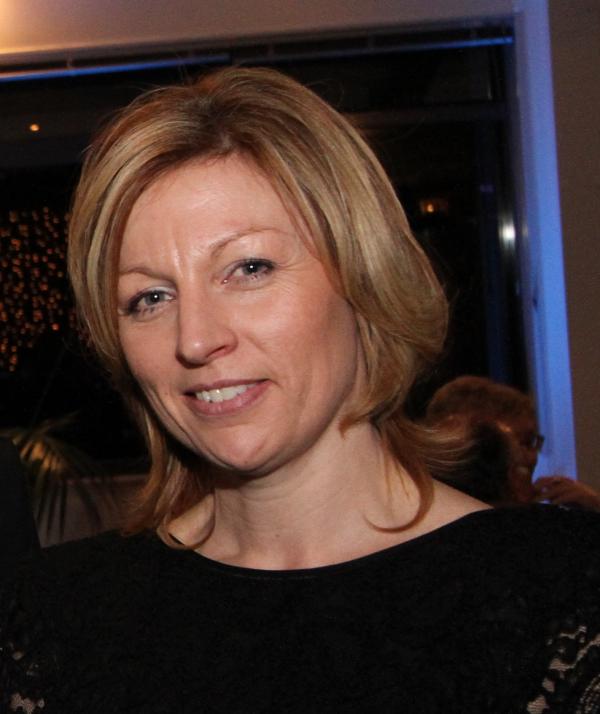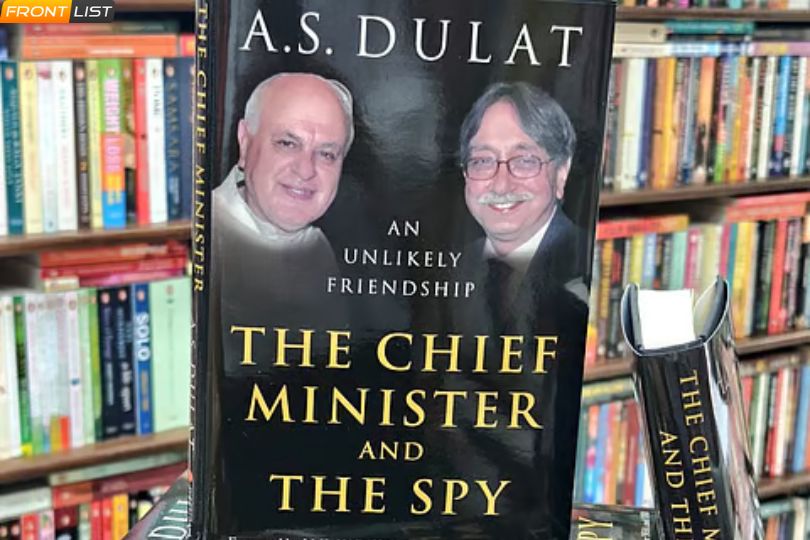Interview With Paula Browning, Copyright Licensing, New Zealand
on Apr 04, 2022

Paula Browning joined Copyright Licensing in 2010, having previously held management positions in the sport, education and commercial sectors. A qualified accountant and former School Executive Officer, Paula also Chairs the new creative sector alliance – WeCreate. As well as being a yoga addict, Paula is an avid reader and has a special interest in literacy for children with learning disabilities.
Frontlist: How is CLNZ working to safeguard the copyrights for New Zealand authors?
Paula: In conjunction with the Publishers Association of NZ and the New Zealand Society of Authors, CLNZ has an active programme of engagement and advocacy on copyright for authors and publishers. We also advocate for NZ Visual Artists' Rights. The CLNZ Cultural Fund invests in an annual report that demonstrates the value of the publishing industry in our country, and every second year, a report on NZ authors' earnings is published. We make written and in-person submissions to the government on the policy that impacts the authors' rights, including trade agreements, cultural policy, digital and internet policy and IP legislation. Where possible, we also connect with representatives of copyright user groups to discuss and try to find common ground on copyright and areas of copyright practice where we can share best-practice.
Frontlist: In your tenure as the Chief Executive of CLNZ, what new licensing schemes need to be introduced to promote the significance of Copyright matters?
Paula: CLNZ licensing schemes are available for all parts of the education sector, non-profit organisations, government agencies and businesses. In the past year, we have commenced a new licensing scheme for NZ auction houses' use of artists' works in their sales promotions.
Frontlist: How do you define the relevance of Trademarks and their importance in the Publishing Industry?
Paula: Trademarks are not widely discussed in the NZ publishing industry, but a publisher's brand speaks to the quality of the work that they publish. This is especially relevant in non-fiction publishing (which we do a lot of in NZ) – readers know that they can trust the material published by a local publisher with a strong brand identity.
Frontlist: We are all very familiar with your penchant for literature for children with learning disabilities. What new opportunities would you like to initiate to ensure the copyrights of these group classes?
Paula: Authors, publishers and educators share a common goal regarding children, including children with learning disabilities – a desire for them to be lifelong readers and to learn. Sometimes a teacher will need a different format of a learning resource for a student, and an exception to copyright can be one way of making that resource. Unfortunately, that often means that only one student benefits. If the different format is sourced or requested through the author and publisher, it is often possible that more students can benefit and that the cost to the teacher or school is reduced. In my view, educators working with publishers and authors produce better outcomes for children than when copyright exceptions are used to produce learning materials.
Frontlist: Due to the emergence of the Digital Era, content consumption is drastically evolved, and it also augments pirated content. As an IFRRO member, what are your thoughts on this?
Paula: The upsides of digital content creation and distribution are significant, and consumers have never had more access to content from all over the world than they do in 2022. Unfortunately, this creates an expectation that "everything" should be available online. While the music and film/TV industries were first to be impacted by online piracy, the book world is, sadly, now in the same situation with pirate websites hosting massive collections of authors' work. When a book is freely available online, the author's and publisher's legal offerings via sales and libraries are undermined. As an IFRRO member, I'm interested in the sustainability and future of the publishing industry, and piracy has a direct negative impact on that.
Frontlist: On the occasion of World Book and Copyright Day, how are you conceiving the idea about enforcing the copyright in a more elucidated way that will lead to sustainability?
Paula: CLNZ supports the Creative Rights = Creative Reads campaign that humanises copyright through the stories of people in the publishing ecosystem. Copyright is about respect for others' work, and I hope that when people understand the creativity and effort that goes into writing and publishing the amazing books we all love to read, the author's rights will be respected.



.jpg)






.jpg)

.jpg)
.jpg)
.jpg)
.jpg)

.jpg)










Sorry! No comment found for this post.